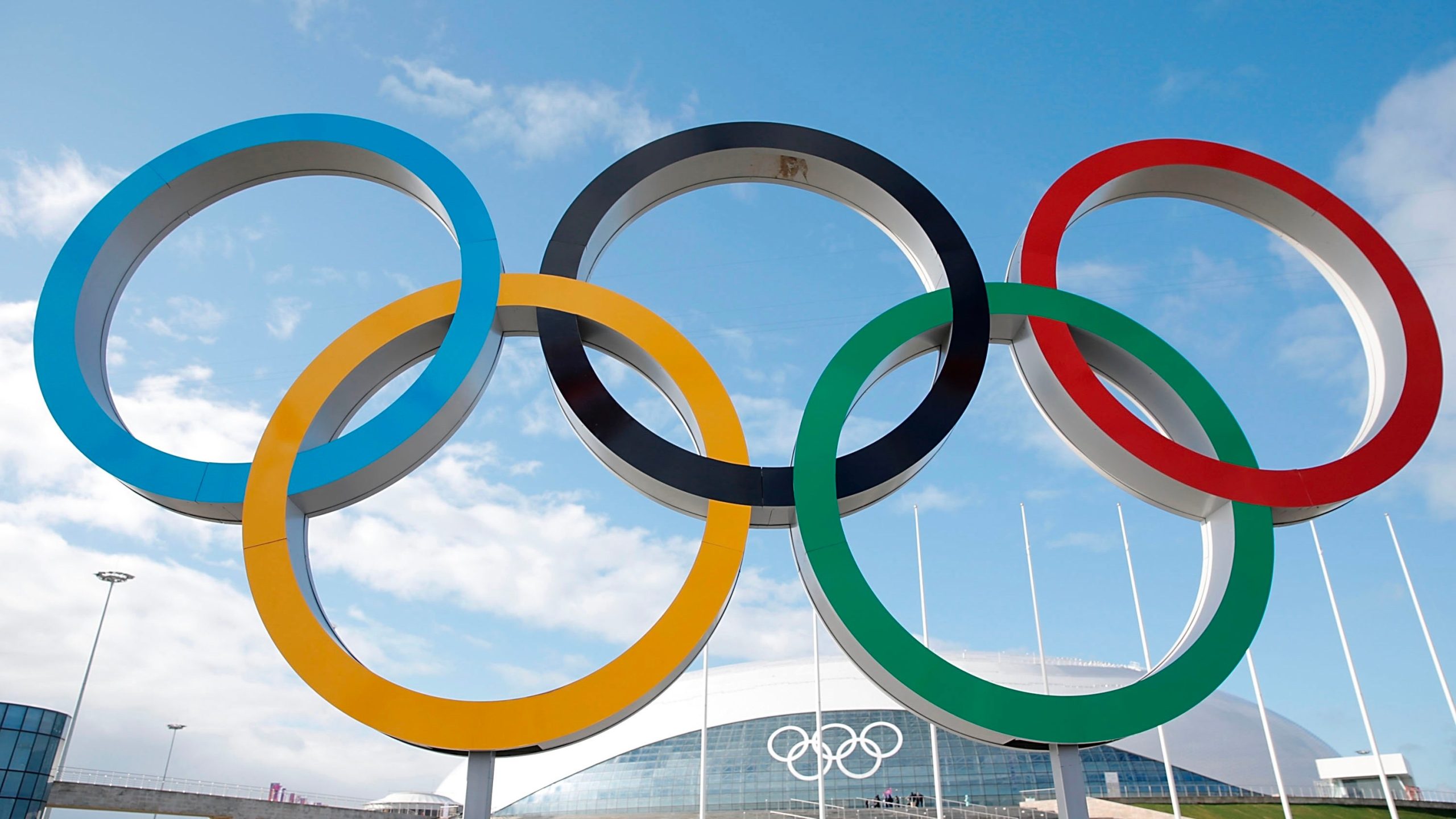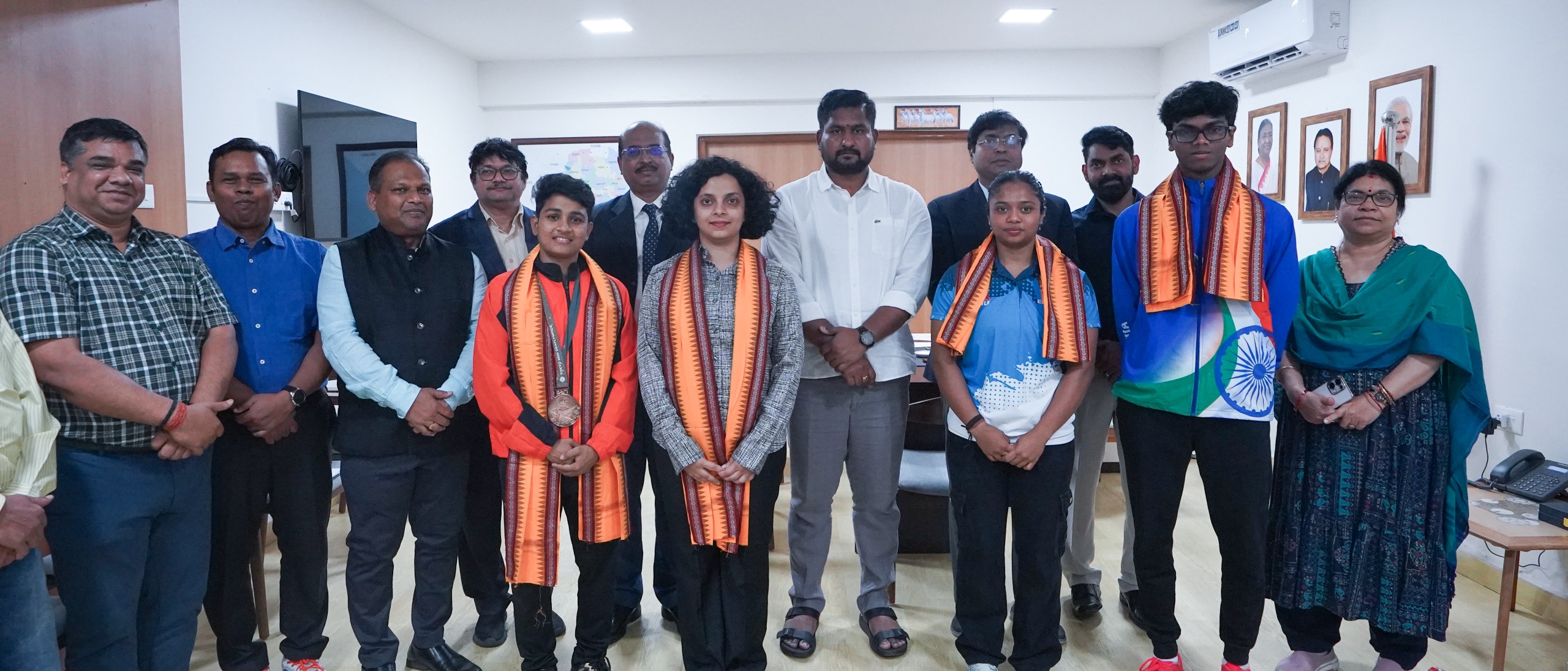Bhubaneswar: As the Paris Olympics 2024 is set to begin on July 26, India’s Olympic journey stands as a testament to its rich history and remarkable achievements. From its modest debut at the Paris Olympics in 1900 with just one participant, India has evolved into a formidable contender on the global sports stage.
The Antwerp Games in 1920 were pivotal as India sent its first official Olympic contingent, marking a significant shift from individual participation to team representation. The Paris 1924 Olympics saw India’s entry into tennis with five players, setting the stage for future accomplishments. A standout moment came at the Amsterdam 1928 Olympics when the Indian men’s hockey team, led by the legendary Dhyan Chand, clinched its first gold medal. The team’s performance was extraordinary, scoring 29 goals and conceding none throughout the tournament.
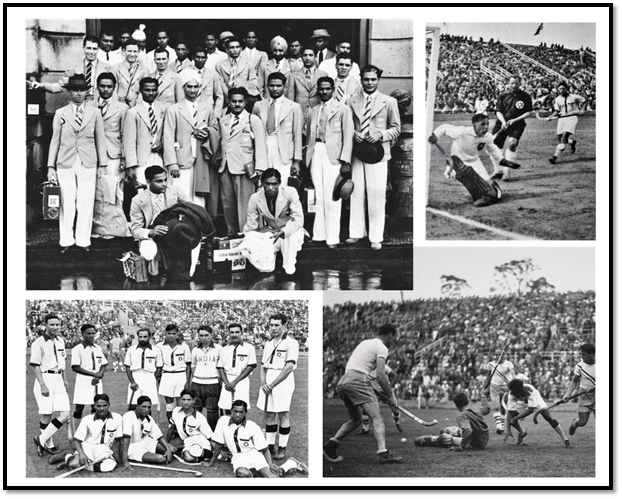
The 1930s and 40s were dominated by Dhyan Chand’s men’s hockey team, which secured three consecutive gold medals in Amsterdam 1928, Los Angeles 1932, and Berlin 1936, establishing India as a powerhouse in the sport.
Post-independence, India’s Olympic presence expanded significantly. At the London 1948 Games, India fielded its largest contingent of 86 athletes across nine sports, with the hockey team continuing its dominance by winning a fourth Olympic gold. Balbir Singh Sr. emerged as a new star during this period.
The Helsinki 1952 Olympics saw wrestler KD Jadhav achieve India’s first individual Olympic medal, a bronze. In the 1968 Mexico City Olympics, the hockey team’s performance deviated from its usual top finishes, securing bronze. This was repeated at the Munich 1972 Olympics.
The 1996 Atlanta Olympics saw tennis star Leander Paes win a long-awaited bronze in men’s singles. Karnam Malleswari made history in the 2000 Sydney Olympics by becoming India’s first woman to win an Olympic medal, clinching bronze in weightlifting.
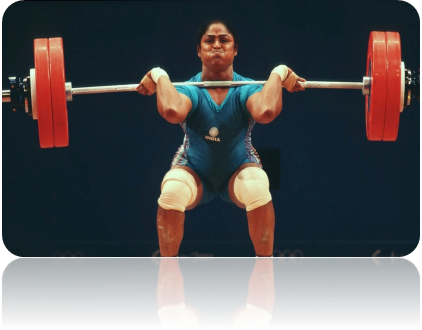
The Beijing 2008 Olympics marked a significant achievement as shooter Abhinav Bindra won India’s first individual gold medal in the 10m Air Rifle event. Boxers Vijender Singh and wrestler Sushil Kumar also won bronze, leading to India’s first multi-medal haul since 1952.
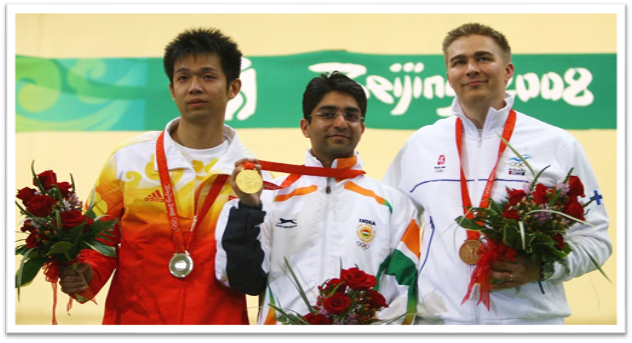
India’s performance at the 2012 London Olympics was historic, with six medals – the highest at that time. Saina Nehwal secured India’s first badminton Olympic medal, while Sushil Kumar won his second Olympic medal. Gagan Narang, Vijay Kumar, Mary Kom, and Yogeshwar Dutt also contributed to the tally. In the Rio 2016 Olympics, PV Sindhu and Sakshi Malik won medals, with all medals secured by female athletes.
The Tokyo 2020 Olympics proved to be a historic milestone for India with a total of seven medals. The men’s hockey team ended a 41-year medal drought with bronze, and Neeraj Chopra clinched India’s first track-and-field gold in javelin throw. The women’s team achieved its best-ever fourth-place finish, showcasing a strong performance across the board.
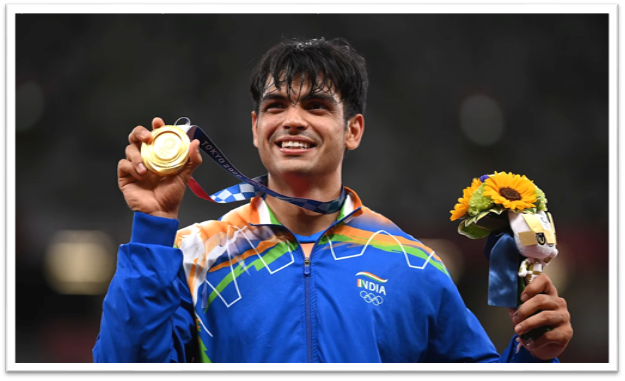
As the Paris Olympics 2024 approaches, India has announced its largest-ever contingent of 117 athletes across 16 sports disciplines. With 70 men and 47 women competing in 69 events and a chance to secure a total of 95 medals, India’s athletes are prepared for a strong showing. Supported by over 470 crore rupees in government funding, India is poised to make a significant impact on the global stage.
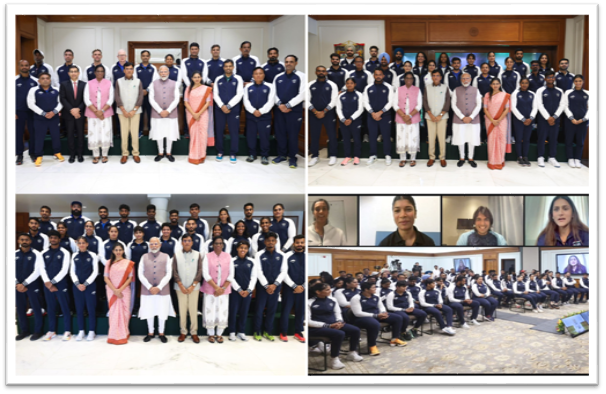
India’s Olympic history, rich with achievements from hockey golds to track-and-field milestones, continues to inspire and drive the nation’s commitment to sports excellence.

